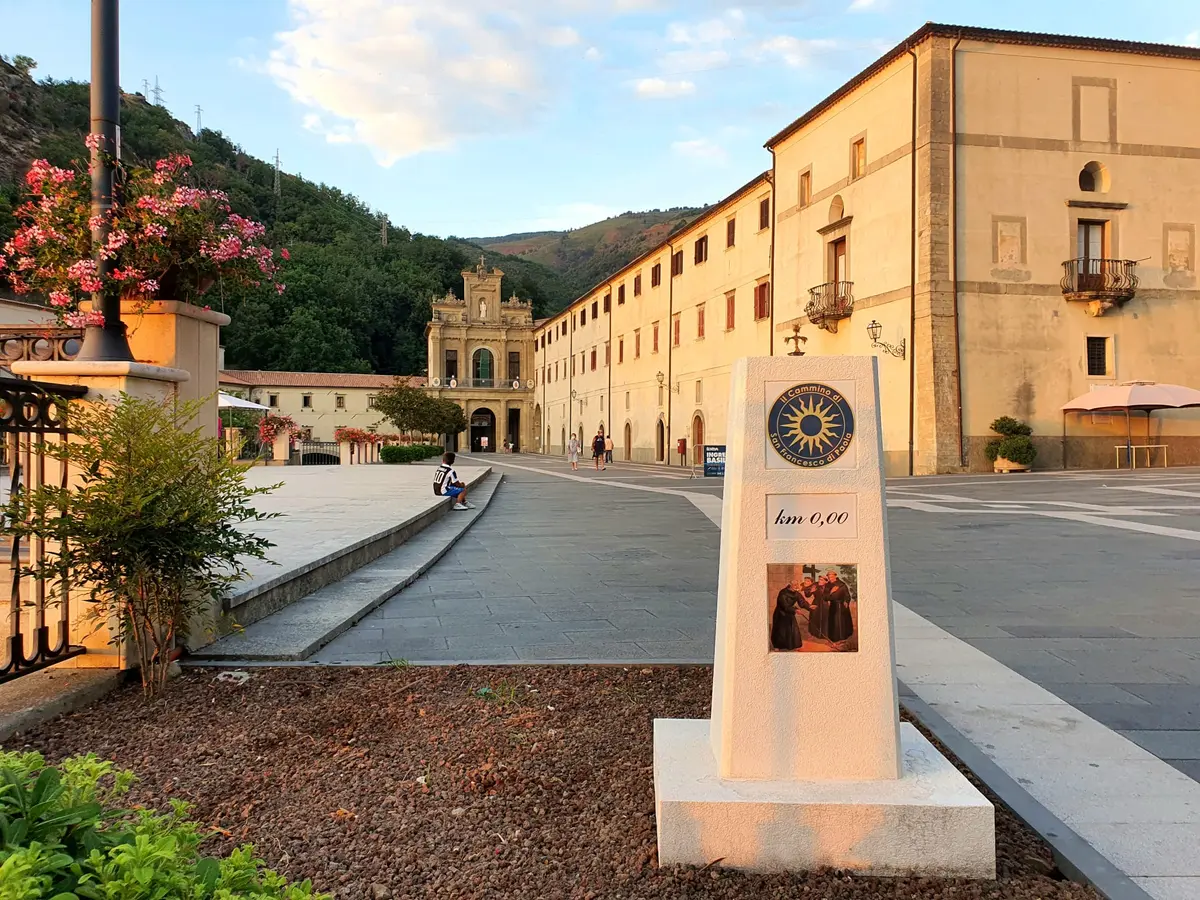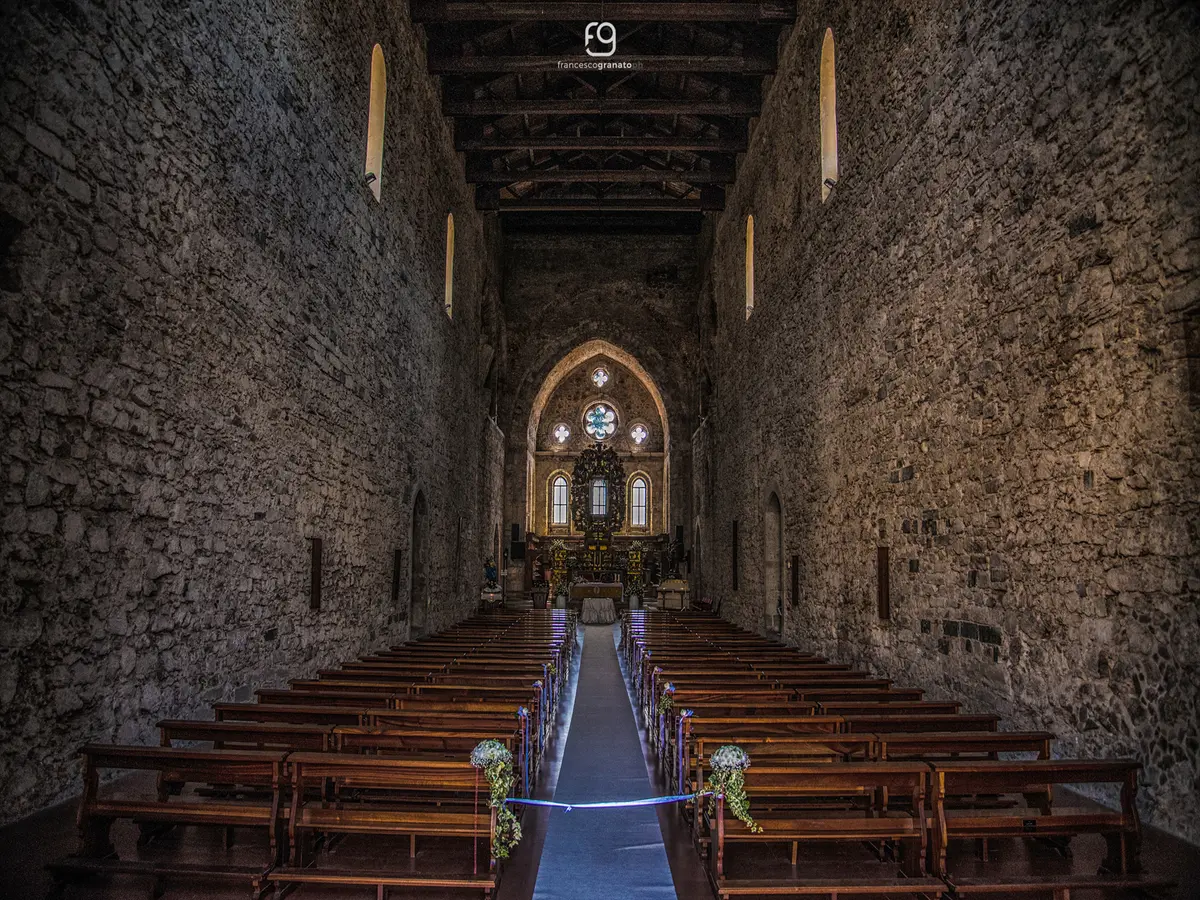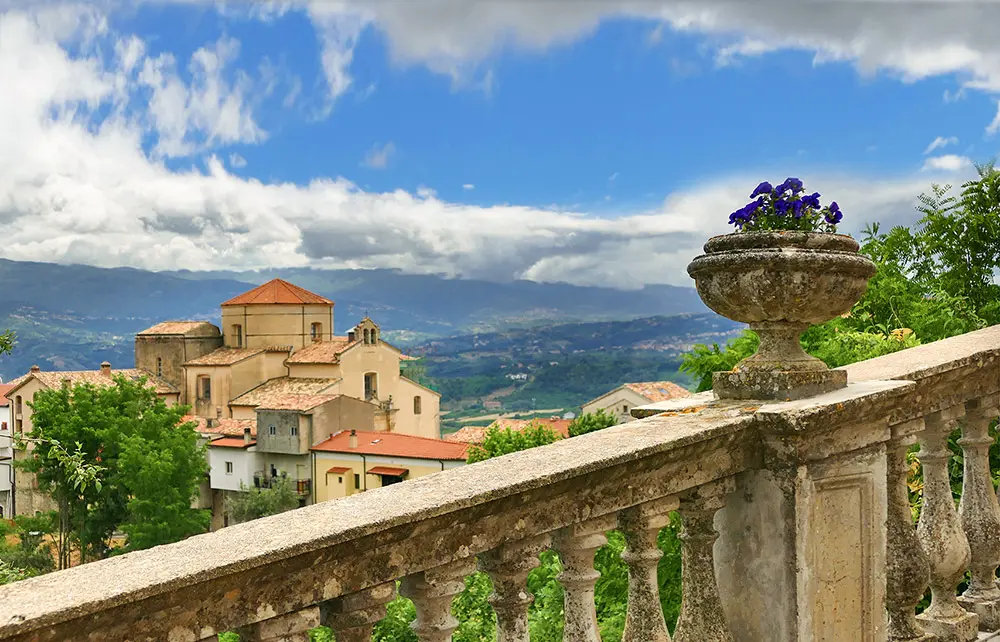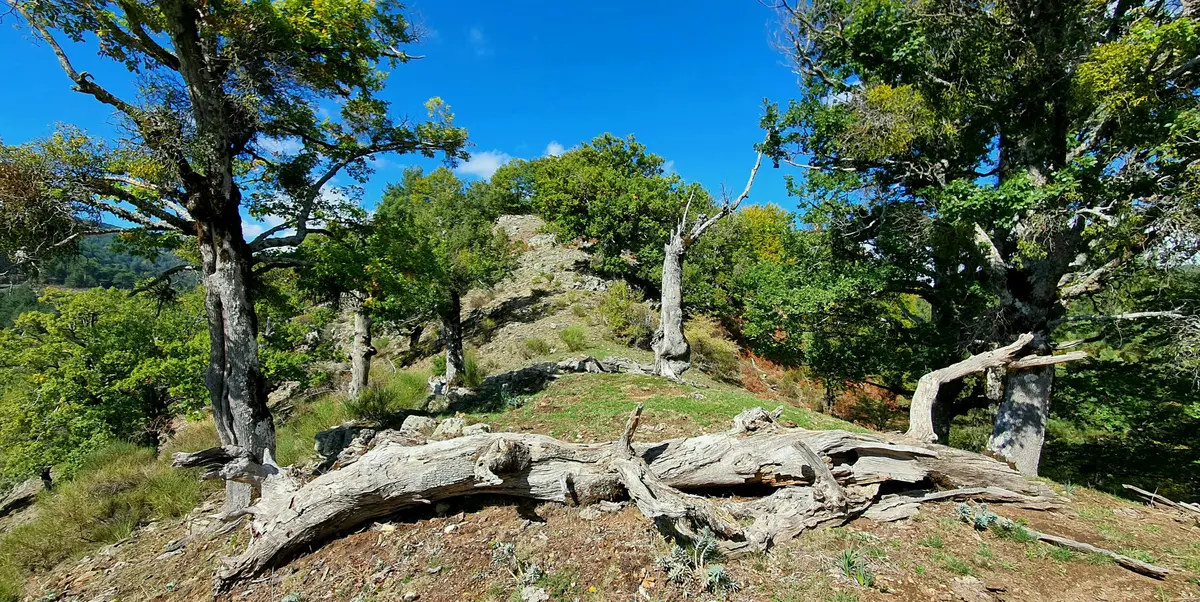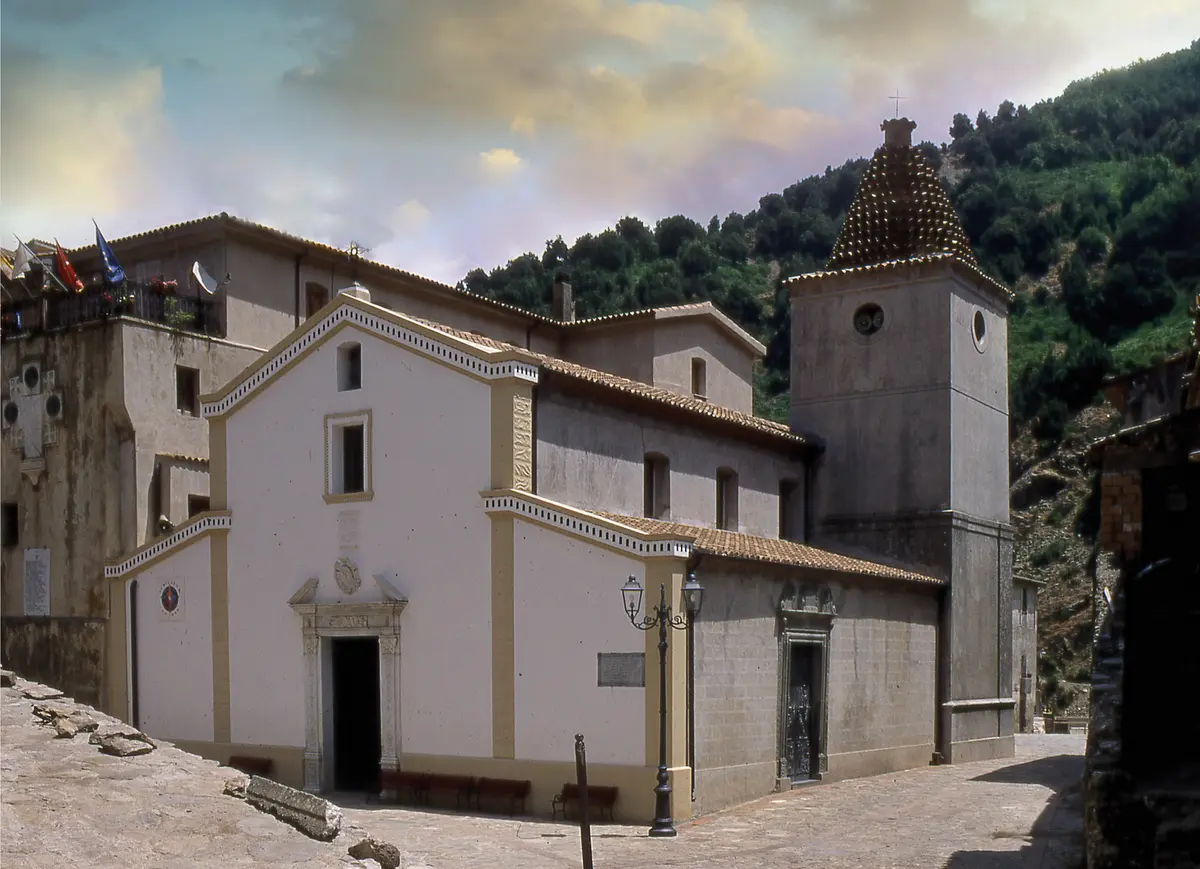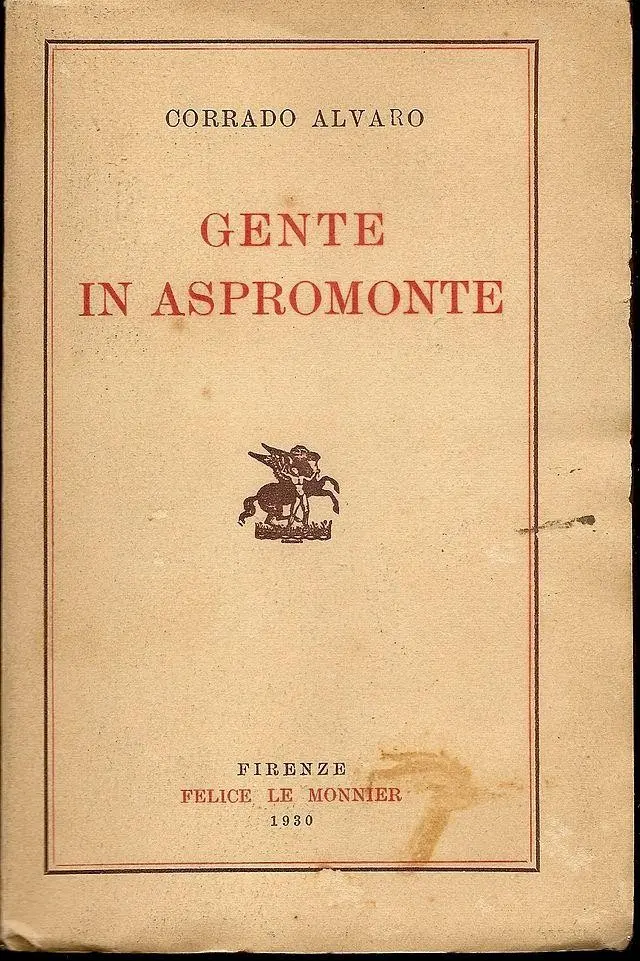Places of faith: pilgrimage to Our Lady of Polsi
Among the most important Marian shrines in Calabria is undoubtedly the one in the Aspromonte area dedicated to Our Lady of Polsi.
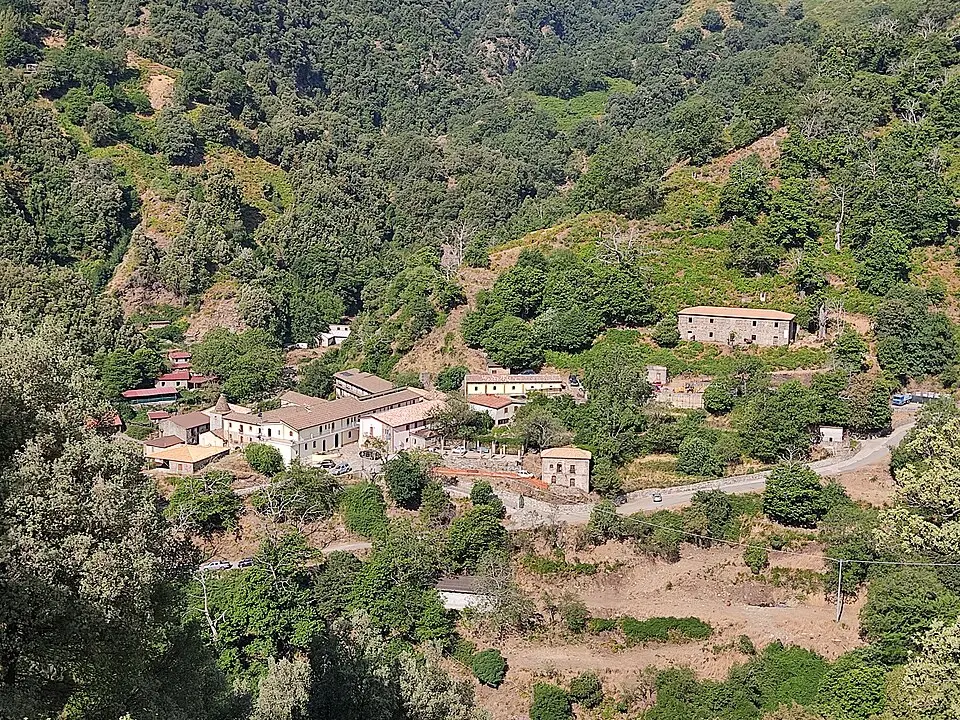
Sites of faith
Di Gino Larosa - Opera propria, CC BY-SA 4.0, https://commons.wikimedia.org/w/index.php?curid=130152972
Among the most venerated and important Marian shrines in Calabria is undoubtedly the one in the Aspromonte area dedicated to Our Lady of Polsi. One of Calabria's places of faith steeped in history, arcane meanings and legends that link the sacred and the profane.
Every year, from 31 August to 2 September, the most eagerly awaited festival in the province of Reggio Calabria is celebrated, welcoming thousands of pilgrims to an impervious and evocative place to celebrate the beloved Madonna della Montagna.
The Feast of Our Lady of Polsi
Set into the side of the Aspromonte massif, in the municipal territory of San Luca, the Sanctuary of Polsi has ancient origins, linked to a form of Calabrian devotion capable of uniting shepherds and fishermen together in the suggestion of myth.
Legend has it that in the 11th century, some fishermen from Bagnara Calabra, on the Tyrrhenian side of the Costa Viola, came across an unmanned boat sailing with two long lit candles. Dragging it ashore, they discovered a statue of the Virgin Mary on board, which they proceeded to hide inland with an ox-drawn cart. The next morning, the statue had disappeared, only to be found again by a young shepherd at the spot where one of the oxen had knelt in front of an ancient Basilian cross. The spot where, according to this variant of the myth, the present sanctuary was erected.

From then on, Our Lady of the Mountain is celebrated as the highest protector of these places and communities. The annual feast includes a mass pilgrimage throughout the month of August, culminating in the night between 1 and 2 September, when a long vigil is held, animated by prayers, litanies and ancient songs.
A first mass is celebrated at dawn and mid-morning the traditional procession of the Madonna di Polsi, in which the statue is carried on the shoulders of the fishermen brethren of Bagnara, who in the last stretch proceed running. Finally, amid lamentations and penances, the women ask for grace by offering the Virgin their ex votos. The present statue, carved in tuff, is the work of the 16th-century Sicilian school.
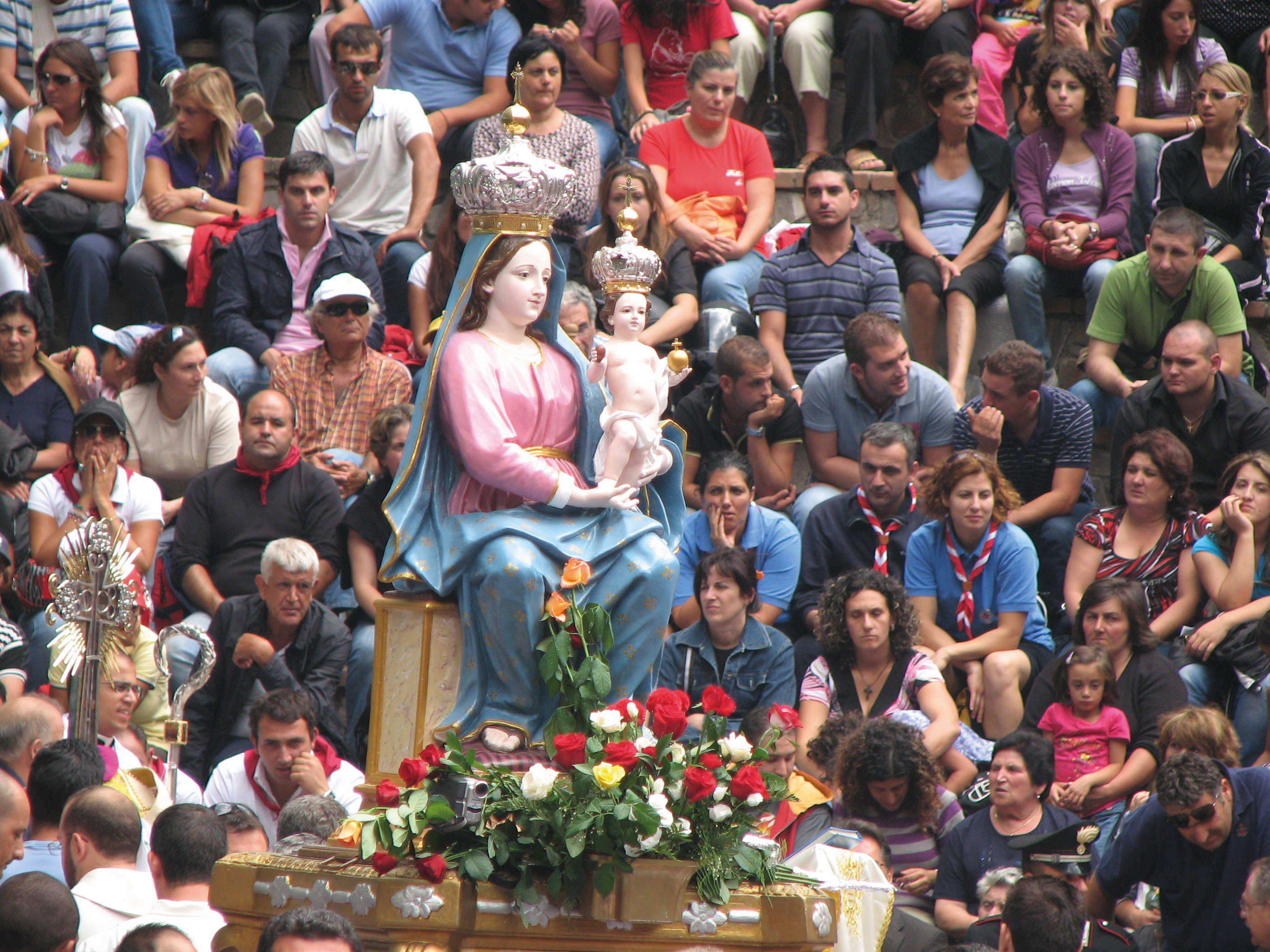
The feast of Our Lady of Polsi is a great occasion for gathering and a convivial moment in which ancient traditions linked to the consumption of meat, once slaughtered on the spot, and musical moments featuring the ever-present Calabrian accordion and ancient popular songs linked to the mountains and the sea are handed down.
Excursions in the Aspromonte National Park
The village of San Luca is also the birthplace of the writer Corrado Alvaro, who dedicated his debut work (1912) and several passages of his most famous work, Gente in Aspromonte, to the feast of Our Lady of Polsi.
The "Corrado Alvaro" Literary Park is today one of the most interesting paths to follow during an excursion in the Aspromonte National Park. Starting from the house where the writer was born, in the centre of the village, it follows a real Alvaro itinerary, on the tracks of the places mentioned in his stories.

We visit the Church of Santa Maria della Pietà and the remains of Palazzo Stranges, mentioned both in Gente in Aspromonte and in L'uomo nel labirinto; the Loggia del Petto and the course of the Buonamico torrent until we come across the remains of the ancient settlement of Potamìa, mentioned in La cavalla nera.
From this small town, abandoned in the 16th century, one climbs up the mountainside until almost reaching the highest peak of the Aspromonte, the Montalto, at the foot of which is the Shrine of Polsi.
Trekking and nature lovers can continue their exploration of the mountain through other thematic trails, reaching, for example, the Valley of the Great Stones, the gigantic monoliths of the UNESCO World Heritage Site that characterise the unique geology of the Aspromonte.
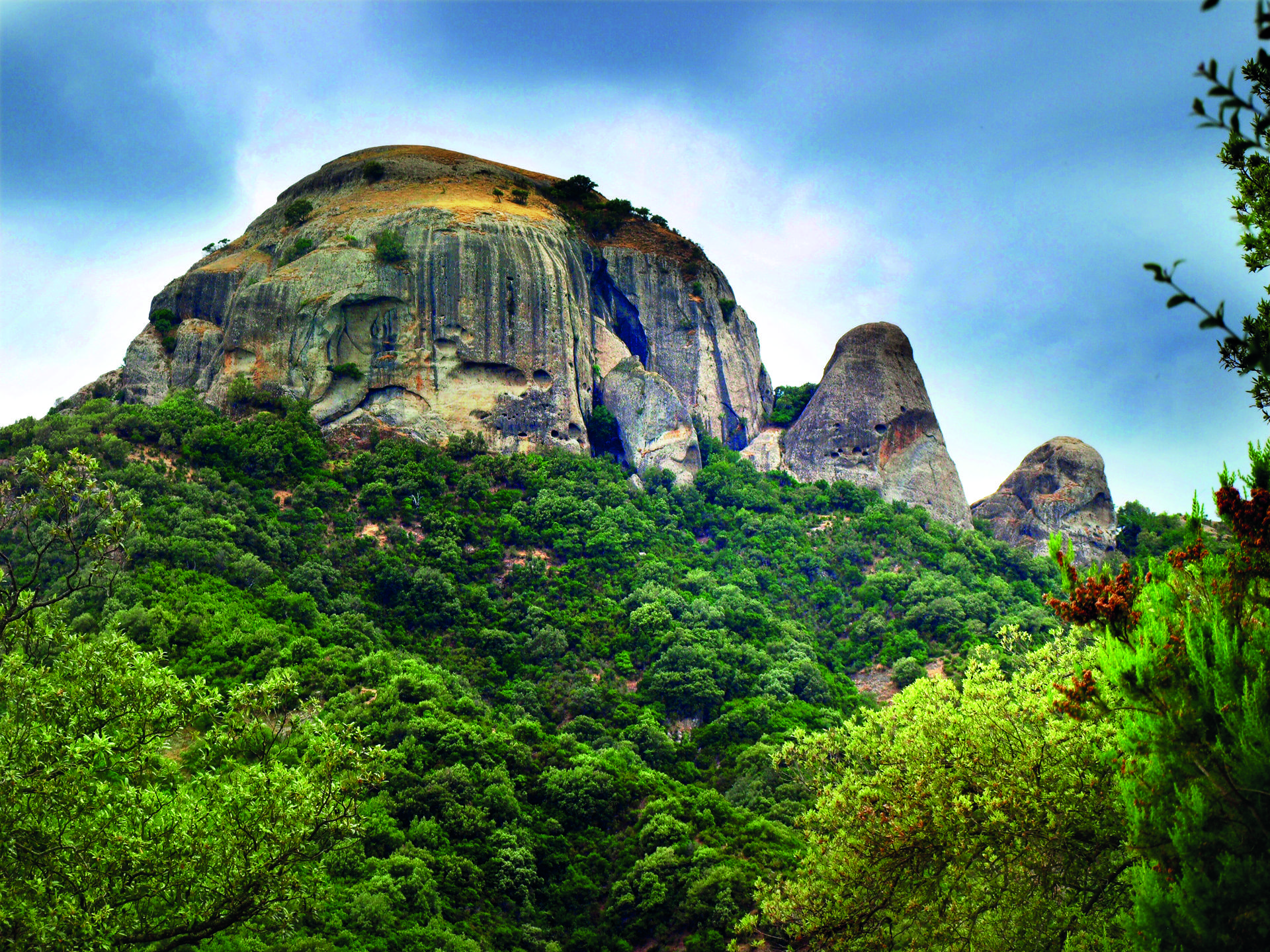
https://calabriastraordinaria.it/en/news/places-of-faith-pilgrimage-to-our-lady-of-polsi
